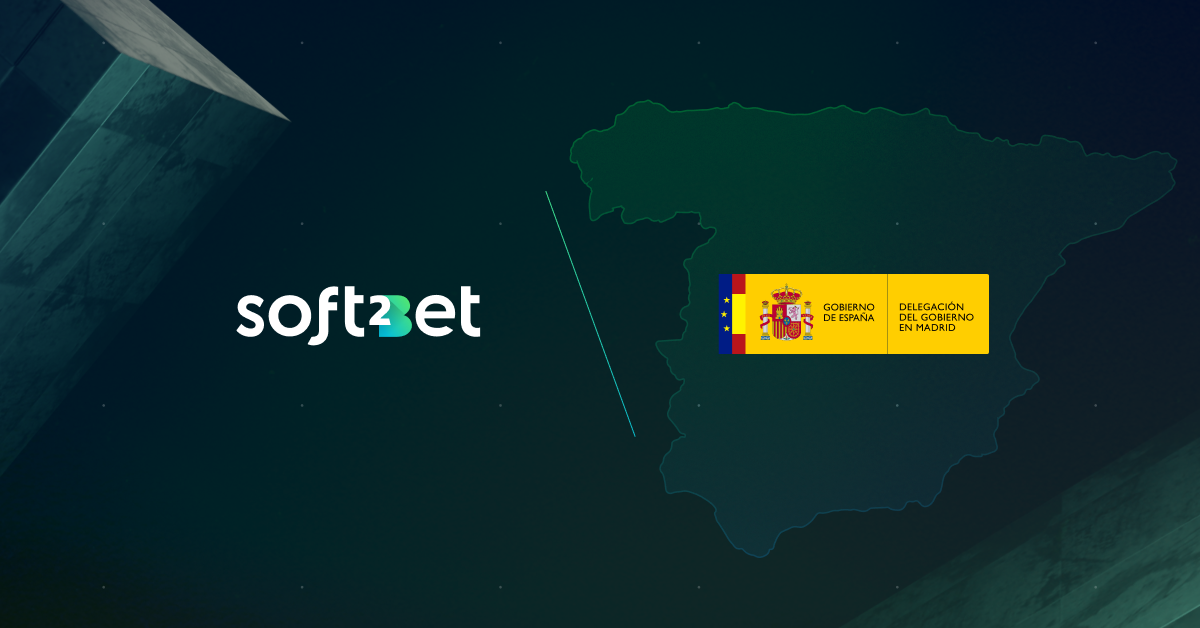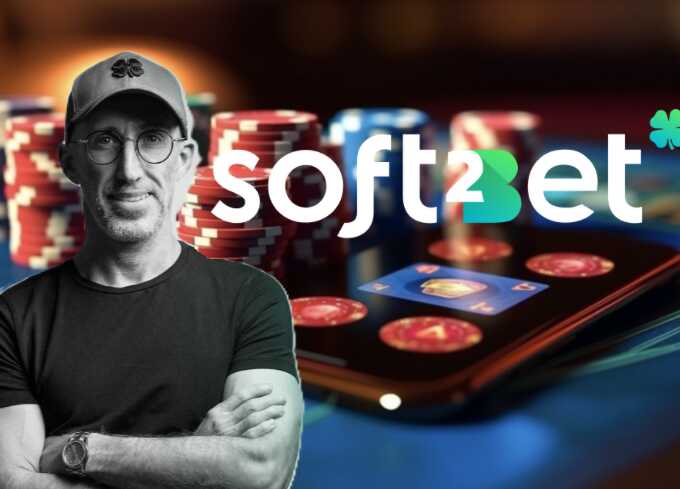Revolutionizing Play AI-Powered Gaming Tools for the Modern Gamer

Revolutionizing Play: AI-Powered Gaming Tools for the Modern Gamer
In the past decade, the gaming industry has witnessed exponential growth and innovation, largely driven by advancements in technology. Among these advancements, AI-powered gaming tools have emerged as a transformative force, revolutionizing how games are developed, played, and experienced. From personalized gaming experiences to enhanced graphics and smarter NPCs (non-playable characters), AI is becoming an integral part of the gaming ecosystem. In this article, we will explore the various AI-powered gaming tools and how they are reshaping the gaming landscape. For those keen on a thrilling experience, AI-powered gaming tools Soft2Bet casino is an example of how technology can enhance entertainment.
The Rise of AI in Gaming
The integration of artificial intelligence in gaming is not merely a trend; it represents a fundamental shift in how games are designed and played. Traditionally, video games relied on predefined scripts and basic algorithms to guide the behavior of characters and environments. However, with the advent of machine learning and advanced AI techniques, developers can create dynamic and responsive gaming experiences. This evolution has led to the development of sophisticated algorithms capable of learning from player interactions, adapting gameplay, and providing personalized content.
Personalized Gaming Experiences
One of the most exciting applications of AI in gaming is the ability to create personalized gaming experiences. AI algorithms can analyze vast amounts of data about player behavior, preferences, and playing styles. This data allows game developers to tailor content to individual players, ensuring that each user has a unique and engaging experience.
For instance, AI can adjust the difficulty level based on a player’s skill progression. If a player is struggling with a particular level, the AI can offer hints, adjust enemy strength, or change the environment to make it more accessible. Conversely, if a player excels, the AI can ramp up the challenge, keeping the experience fresh and exciting. This level of personalization not only enhances player satisfaction but also fosters deeper engagement with the game.

Enhanced Graphics and Realism
AI-powered tools are also revolutionizing the graphic fidelity and realism of games. Advanced visual effects and rendering techniques powered by AI enable developers to create stunning graphics that push the boundaries of realism. Machine learning algorithms can optimize image processing, allowing for more detailed textures, better lighting effects, and improved character animations.
Furthermore, AI can analyze scenes in real-time and make adjustments to ensure optimal performance without sacrificing visual quality. This capability is particularly valuable in creating immersive worlds that draw players in and keep them engaged for longer periods.
Smarter NPCs and Game Environments
Non-playable characters (NPCs) have traditionally been limited to scripted behaviors, often resulting in predictable and repetitive interactions. However, AI is changing this narrative. With the introduction of machine learning and natural language processing, NPCs can now exhibit more sophisticated behaviors and dynamics.
AI-powered NPCs can learn from player interactions, remember past encounters, and develop unique personalities. This leads to more authentic and engaging gameplay experiences, as players can interact with dynamic characters that respond in realistic ways. Moreover, AI can create procedurally generated content, allowing for varied environments and scenarios, ensuring that no two gaming sessions are ever the same.
AI in Game Development

AI tools are not only transforming the player experience but are also streamlining the game development process. Developers can leverage AI to automate repetitive tasks, analyze player feedback, and optimize game mechanics. For example, AI can assist in quality assurance by identifying bugs and inconsistencies in gameplay before the game is released.
This automation speeds up the development cycle, allowing studios to release games faster and more efficiently. Additionally, AI can help developers analyze player feedback to understand what aspects of a game are working and what needs improvement, leading to better-informed updates and enhancements post-launch.
The Future of AI-Powered Gaming Tools
The continuous evolution of AI technology promises exciting possibilities for the future of gaming. As AI models become more sophisticated, we can expect even more personalized experiences, incredibly realistic graphics, and NPCs that behave almost like real people. Furthermore, the integration of AI could extend beyond traditional gaming into virtual reality (VR) and augmented reality (AR), where immersive experiences become even more personalized and interactive.
Moreover, the use of AI in gaming is likely to expand into new areas, such as creating narratives that adapt based on player choices, leading to truly unique storytelling experiences. The impact of AI on gaming will not only enhance player engagement but also redefine game design, development, and storytelling as we know it.
Conclusion
AI-powered gaming tools are undeniably reshaping the gaming landscape, offering new possibilities for developers and players alike. From personalized experiences and enhanced graphics to smarter NPCs and automation in development, the influence of AI is profound and far-reaching. As technology continues to advance, we can only imagine the innovative changes that lie ahead in the world of gaming, paving the way for more immersive, engaging, and unique gaming experiences.
